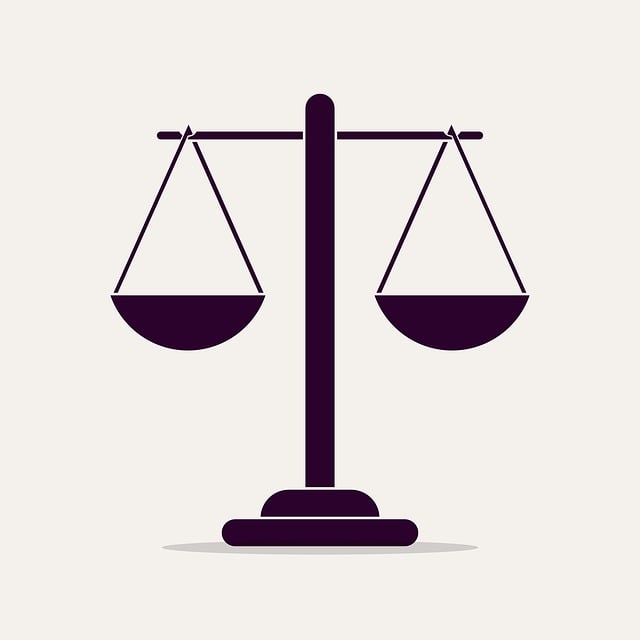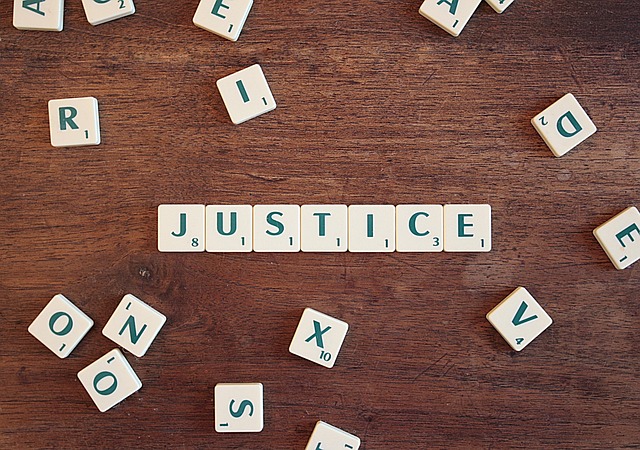Navigating healthcare compliance legal issues demands a deep understanding of whistleblower protection laws, which safeguard individuals exposing organizational wrongdoing from retaliation. These regulations encourage ethical reporting and accountability for illegal activities, particularly in high-stakes criminal defense cases involving patient harm. Effective application of these protections can lead to the dismissal of charges against healthcare facilities. Case studies play a crucial role by illustrating successful whistleblower protections, guiding organizations to cultivate ethical reporting cultures where employees feel safe to expose illegal activities without fear of retaliation. Proactive compliance through training, internal controls, and fostering an ethical culture is key to avoiding legal issues and enhancing organizational reputation.
“Uncovering truths and protecting whistleblowers is a cornerstone of ethical governance, especially within the intricate landscape of healthcare. This article explores whistleblower protection lawsuits, a vital aspect of navigating healthcare compliance legal issues. We delve into the significance of these laws in fostering transparency and accountability, while also examining the unique challenges faced by healthcare professionals. Through case studies, we uncover implications for industry best practices, emphasizing the importance of robust internal whistleblowing mechanisms.”
- Understanding Whistleblower Protection Laws
- Healthcare Compliance: A Critical Perspective
- The Legal Process of Whistleblower Suits
- Case Studies and Implications for the Industry
Understanding Whistleblower Protection Laws
Navigating healthcare compliance legal issues can be a complex task, especially when it comes to understanding whistleblower protection laws. These regulations are designed to safeguard individuals who expose wrongdoing within organizations, such as healthcare facilities, from potential retaliation. By implementing strong whistleblower protection laws, healthcare institutions encourage ethical reporting and ensure accountability for any illegal activities.
In the realm of high-stakes cases, especially general criminal defense, having a deep understanding of these laws is crucial. Whistleblowers play a vital role in uncovering fraud, unsafe practices, or other unethical behaviors that could harm patients and the public. Achieving extraordinary results in legal disputes often hinges on how effectively these protections are applied and whether they deter organizations from engaging in wrongful conduct.
Healthcare Compliance: A Critical Perspective
Navigating healthcare compliance legal issues is a complex task that demands meticulous attention to detail. In an industry where errors can have severe consequences for patient safety and financial stability, understanding and adhering to regulatory standards is paramount. Healthcare organizations must ensure their practices align with federal and state laws, including those related to privacy, data security, and ethical reporting. Failure to comply can lead to costly lawsuits, damage to reputation, and even criminal charges.
Whistleblower protection lawsuits play a crucial role in holding these entities accountable for non-compliance. By exposing illegal activities or systemic issues within healthcare facilities, whistleblowers contribute to the greater good of public health. While organizations may face challenges in avoiding indictment, a proactive approach to compliance can result in complete dismissal of all charges. This involves regular training, robust internal controls, and fostering an ethical culture that encourages employees to report potential violations without fear of retaliation.
The Legal Process of Whistleblower Suits
Navigating Healthcare Compliance Legal Issues often involves complex procedures, especially when addressing whistleblower protection lawsuits. These suits are initiated by individuals who expose illegal or unethical activities within their respective businesses, particularly in the healthcare sector. The legal process begins with a thorough investigation of the allegations, where lawyers meticulously review evidence and witness statements to determine the validity of the claims.
For high-stakes cases involving corporate and individual clients, strategic planning is paramount. Lawyers must consider state and federal whistleblower protection laws while crafting a defense or building a case for compensation. This meticulous approach ensures that rights are protected, and justice is served in these sensitive matters, fostering a culture of accountability within the healthcare industry.
Case Studies and Implications for the Industry
In navigating healthcare compliance legal issues, case studies play a pivotal role in understanding the implications and outcomes of whistleblower protection lawsuits. These real-world scenarios offer valuable insights into how such cases are handled, with an unprecedented track record of successful protections for whistleblowers across various industries. By studying these instances, organizations can learn to foster ethical reporting cultures, ensuring that employees feel empowered to expose illegal activities without fear of retaliation.
The implications for the healthcare industry are profound, especially considering the complex web of regulations and ethics involved. Case studies highlight the importance of robust internal whistleblowing mechanisms and clear communication channels. Moreover, they demonstrate how a proactive approach to compliance can lead to not only resolving legal issues but also strengthening an organization’s reputation among philanthropic and political communities, fostering transparency, and promoting accountability.
Navigating healthcare compliance legal issues requires a deep understanding of whistleblower protection laws. As demonstrated through case studies, these laws play a pivotal role in fostering integrity within the industry. By studying real-world implications, healthcare organizations can proactively ensure compliance and create a culture that encourages ethical reporting. This, in turn, strengthens patient care and safeguards against fraudulent practices, ultimately benefiting both the industry and the communities it serves.






